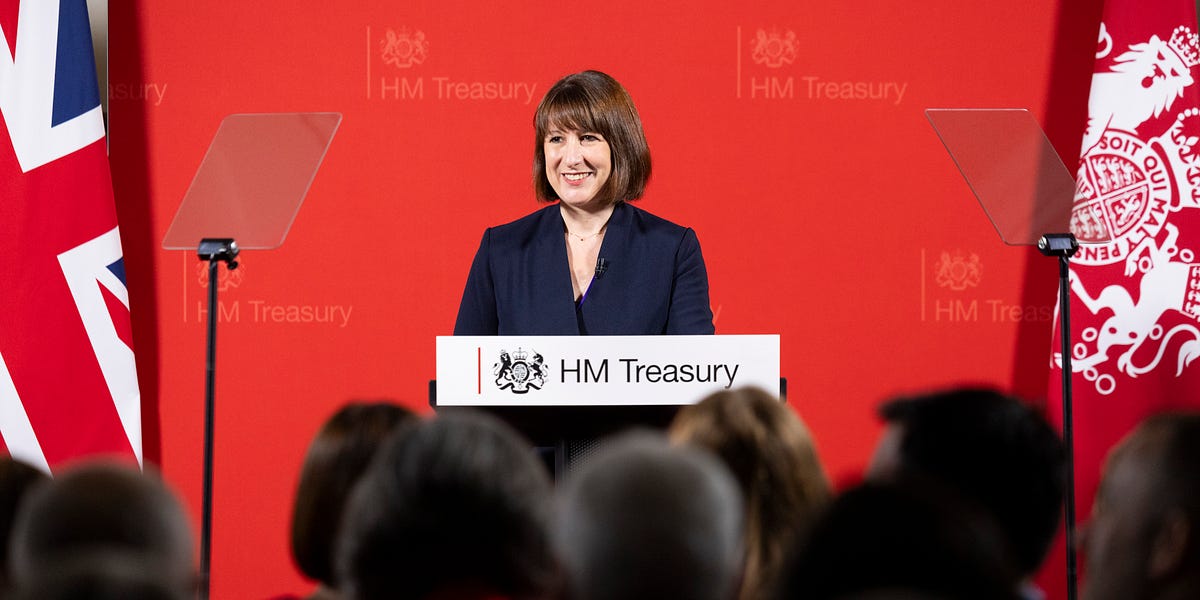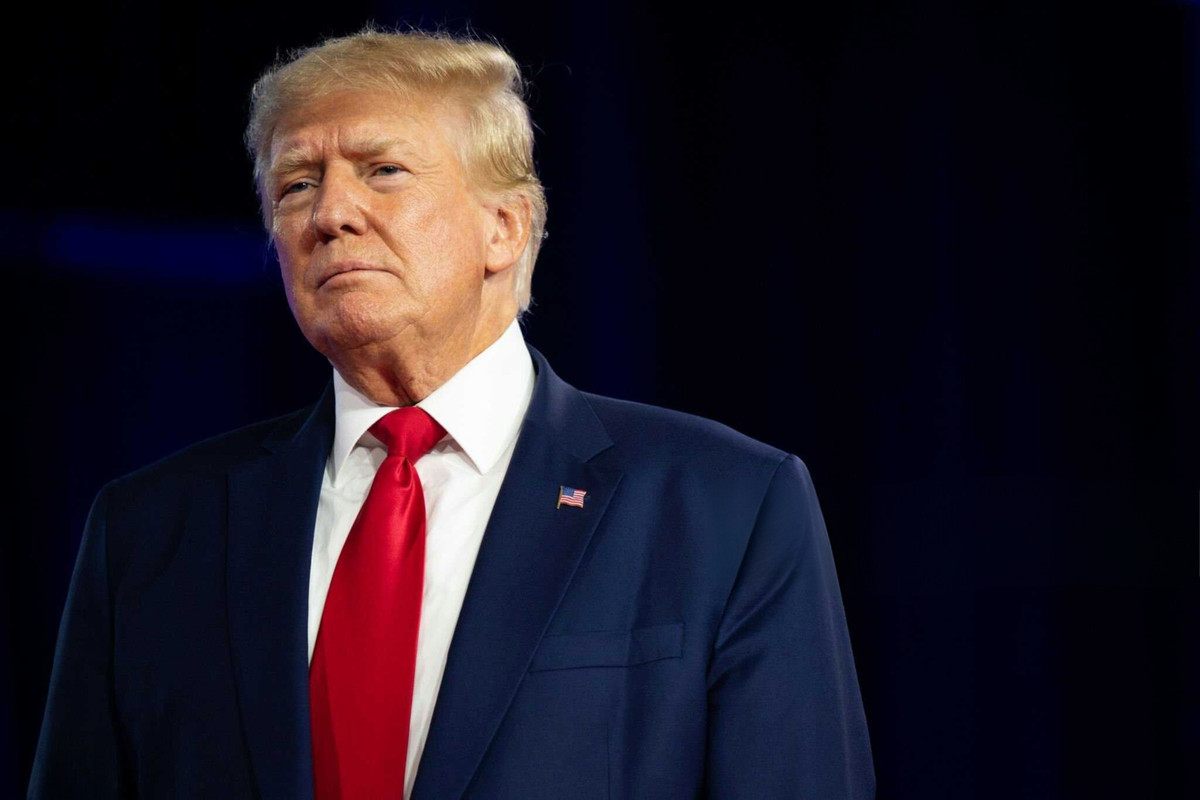

As the UK Labour government, led by Keir Starmer, embarks on a mission to cut regulations, concerns are mounting about the potential consequences for the economy and corporate governance. The government argues that existing regulations stifle growth, a sentiment echoed by the recent resignation of Marcus Bokkerink, who was forced out as chair of the Competition and Markets Authority for not being sufficiently 'pro-growth' [d60115bd].
Critics of this deregulatory trend point to historical precedents, such as the removal of Martin Wheatley, the former Chief Executive of the Financial Conduct Authority (FCA), in 2015. This decision has been linked to a series of regulatory failures that contributed to the financial crisis, and the FCA has warned that further deregulation could lead to increased corporate misconduct and financial instability [d60115bd].
The Labour government's plans include lowering anti-money laundering regulations, raising alarms about the potential for increased fraud and financial crime. David Lammy, the Shadow Foreign Secretary, has positioned the party's agenda as a commitment to making the UK the 'anti-corruption capital' of the world, a goal that appears increasingly jeopardized by these deregulatory measures [d60115bd].
Past leaders, including Gordon Brown, have expressed regret over the excessive deregulation that occurred after the 2008 financial crash, underscoring the risks of repeating such mistakes. Estimates suggest that a new financial crisis could cost each UK citizen approximately £24,000, highlighting the stakes involved in the current regulatory debate [d60115bd].
The public deserves transparency regarding the risks associated with deregulation, especially as the government moves forward with its agenda. The implications of these changes could be far-reaching, affecting consumer protection and the overall stability of the UK economy [d60115bd].
In the context of ongoing discussions about deregulation in both the UK and the US, the potential for a 'race to the bottom' in regulatory standards is a significant concern. As the US grapples with similar issues under the Trump administration's proposed deregulation, the interconnectedness of global financial systems means that decisions made in one country can have ripple effects across the world [174a32ab].
In light of these developments, both UK and US policymakers must carefully consider the balance between fostering economic growth and ensuring robust regulatory frameworks that protect consumers and maintain financial stability. The lessons from past deregulation efforts should serve as a cautionary tale for current and future leaders [d60115bd].